2007
PEEPING Fawn recorded the classic victory that had threatened to come her way for nearly two months with a superb display under late replacement Johnny Murtagh in the Darley Irish Oaks.
The Danehill filly has made astonishing progress since winning a Naas maiden in May, and showed that her sustained improvement was far from over by emphatically reversing form with her Epsom conqueror Light Shift.
Her success gave Murtagh his fourth win in the race after he was drafted in by Aidan O’Brien as a late replacement for Kieren Fallon, who missed the race after taking a nasty fall from Eagle Mountain in the Grand Prix de Paris the previous evening.
A convincing win in the Pretty Polly Stakes two weeks previously marked out Peeping Fawn as one of the forerunners for this race. A report from O’Brien to the stewards prior to the race that Peeping Fawn was showing signs of coming into season may have dented confidence in some quarters in her chances.
Ultimately, that had no effect on the 3/1 second favourite, who coped well with the testing ground, having shown that she could handle soft ground when winning the Group 1 Pretty Polly Stakes 15 days previously.
After looking on from midfield for much of the race, Peeping Fawn improved her position as the runners filed into the straight. A gripping rematch of the Epsom Oaks looked to be on the cards as Light Shift edged ahead inside the final two furlongs, but no sooner had she gotten to the front than Murtagh swept by on the winner.
Peeping Fawn kept on strongly over the final furlong to score by three and a half lengths and become the first filly since Petrushka seven years previously to meet with defeat at Epsom before going on to oblige at the Curragh.
“She’s a super, progressive filly. She has improved so much since she first ran and has taken a big step forward since the Irish 1000 Guineas,” said O’Brien. “She’s progressing all the time, and comes from one of the best families in the world. It’s the same family as Rags To Riches.
“Alexandrova will hopefully come back for York, and we will look at the Nassau Stakes at Goodwood for this filly, and then maybe give her a rest, depending on how she comes out of this. She showed in season this morning, and she did the same when she won her maiden at Naas. I thought it best to tell the stewards before the race in case she ran badly; there was no point in saying it after the race.”
[Peeping Fawn made two more starts and won both, the Group 1 Nassau Stakes and then she quickly reappeared in the Group 1 Yorkshire Stakes. She ended the season as the joint champion filly of her generation in Europe, and she won or placed in all of her 10 career runs.
At stud she is responsible for five winners, two of them stakes winners. They include September (Deep Impact), winner of the Listed Chesham Stakes at Royal Ascot and placed three times at the highest level, in the Group 1 Fillies’ Mile, the Group 1 Moyglare Stud Stakes and the Grade 1 Breeders’ Cup Juvenile Fillies Turf]
Harty’s precise forecast
2007
CAPTAIN Cee Bee provided trainer Eddie Harty with an emphatic vindication of the regard in which he has always held the son of Germany as he trounced his rivals in the Dawn Omega Milk Maiden at Killarney on Thursday.
A Fairyhouse bumper winner in April 2006, the six-year-old ran with promise when third to Westlake in a Leopardstown maiden last month. Kevin Manning’s mount was returned a 9/2 chance here and put is rivals to the sword in some style. He struck the front with well over two furlongs to run, and surged clear to defeat Osirixamix by nine lengths.
“I feel that he could be good enough to win a listed race,” said Harty. “He will go jumping eventually and could be a horse for Cheltenham next March. In the immediate future he will probably have a break and then come back on the flat in September or October.”
[The listed flat win did not come to pass, but anyone reading Ryan McElligott’s report from Killarney would have done well to take Eddie Harty’s words on board. In March 2008 Captain Cee Bee went to Cheltenham unbeaten in two starts over hurdles and beat his owner J.P. McManus’ slightly more fancied Binocular by two lengths to land the Grade 1 Anglo Irish Bank Supreme Novices’ Hurdle.
Bought by his trainer for just £4,500 as a foal at the 2001 Goffs December National Hunt Sale, Captain Cee Bee won 13 of his 36 starts, earned more than £415,000 and his victories comprised two wins on the flat (including at the age of 11), a bumper, six hurdle races and four chases.
He also won the Grade 1 Ryanair Colliers Novice Chase at Punchestown, while at Grade 1 level he was runner-up in the Morgiana Hurdle at Punchestown and third in the Queen Mother Champion Chase at Cheltenham, the BHP Insurances Champion Hurdle at Leopardstown, the boylesports.com Champion Chase at Punchestown and the Guinness Galway Handicap Hurdle]
No free trade for the Free State
1932
WHAT made the Dublin Horse Show great in the old days, and what has kept it up to the same standard during all the troubled years, is the opportunity it has provided hunting folk for lucrative deals over high-class hunting horses.
With a 20% ad valorem duty imposed now upon horses from the Free State imported into Great Britain, it is not possible that buying at the coming show can be as free as it has been heretofore, but, all the same, we expect that there will be some substantial dealing, at least sufficient to go on with and keep our hearts up.
Of course, bloodstock sales will be affected in the same way, as will the dealing in hunters. That goes without saying, it being a fact which has to be faced. Of course, English breeders of bloodstock are jubilant, and can anyone wonder at it?
Would not we be similarly happy if the positions were reversed? Of course we would be, seeing that we are only human. To find your most dangerous rival choked off with a 20% ad valorem tax, is it not a gift from the gods?
Really, the position of the Irish, that is to say the Free State, breeder of bloodstock is tragic, but for that matter he is no worse off than the Free State farmer who also is ‘getting it in the neck’, to use an expressive phrase.
Of late years the bloodstock sales at Ballsbridge, because of the great bargains so often obtained at them, that is, through horses picked up cheaply which later made a name for themselves in the acid test of racing, attained worldwide fame.
The new duty must put a different complexion on these bargains.
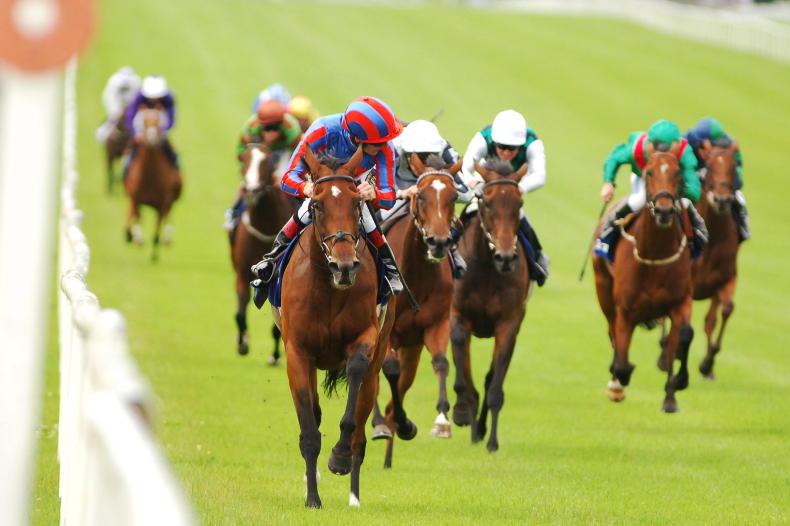

 This is a subscriber-only article
This is a subscriber-only article
 It looks like you're browsing in private mode
It looks like you're browsing in private mode




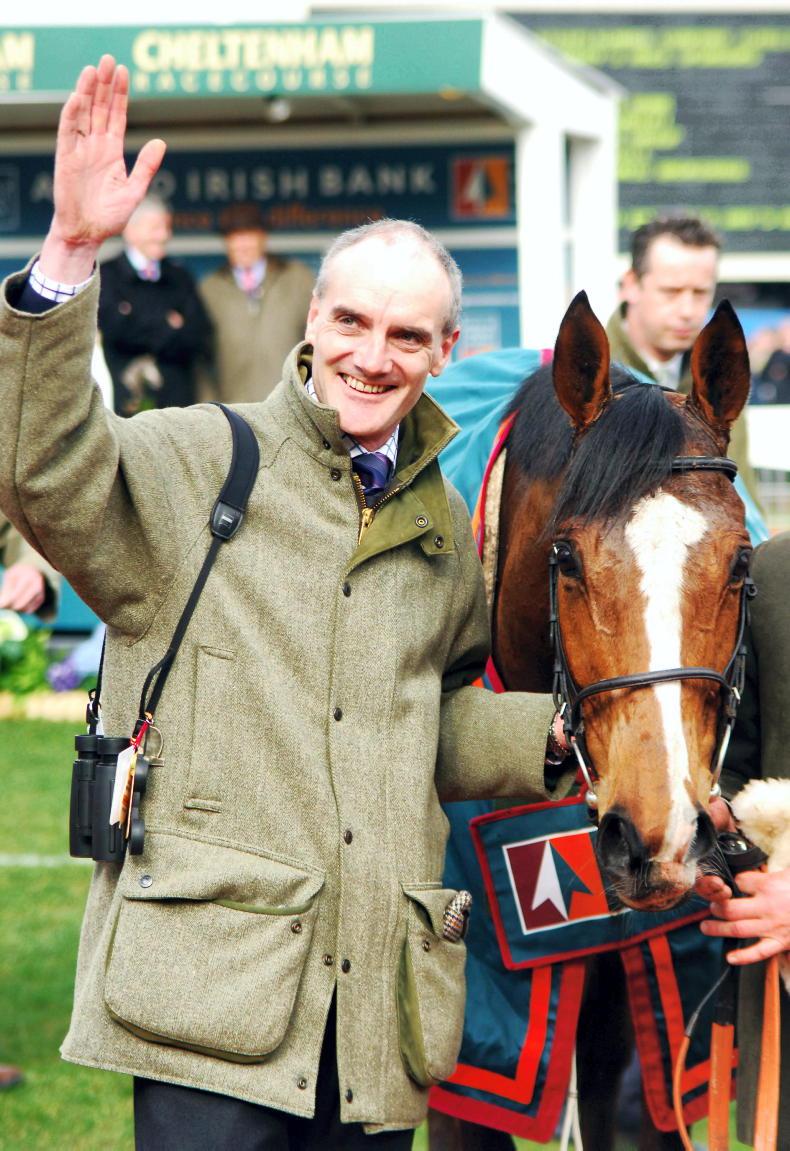
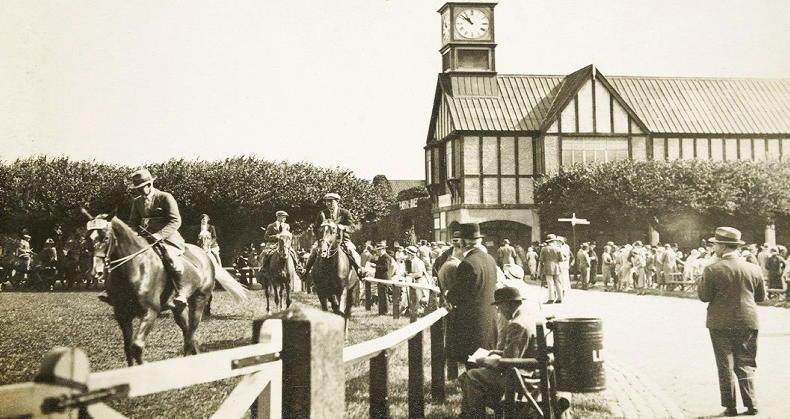

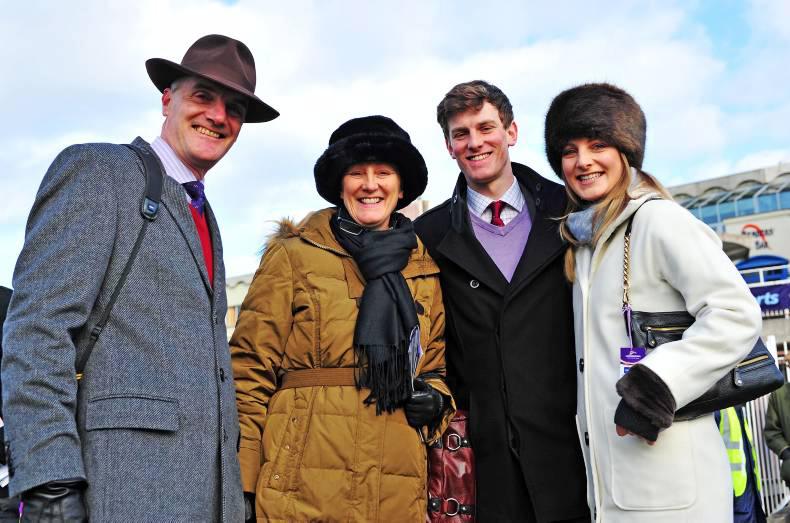

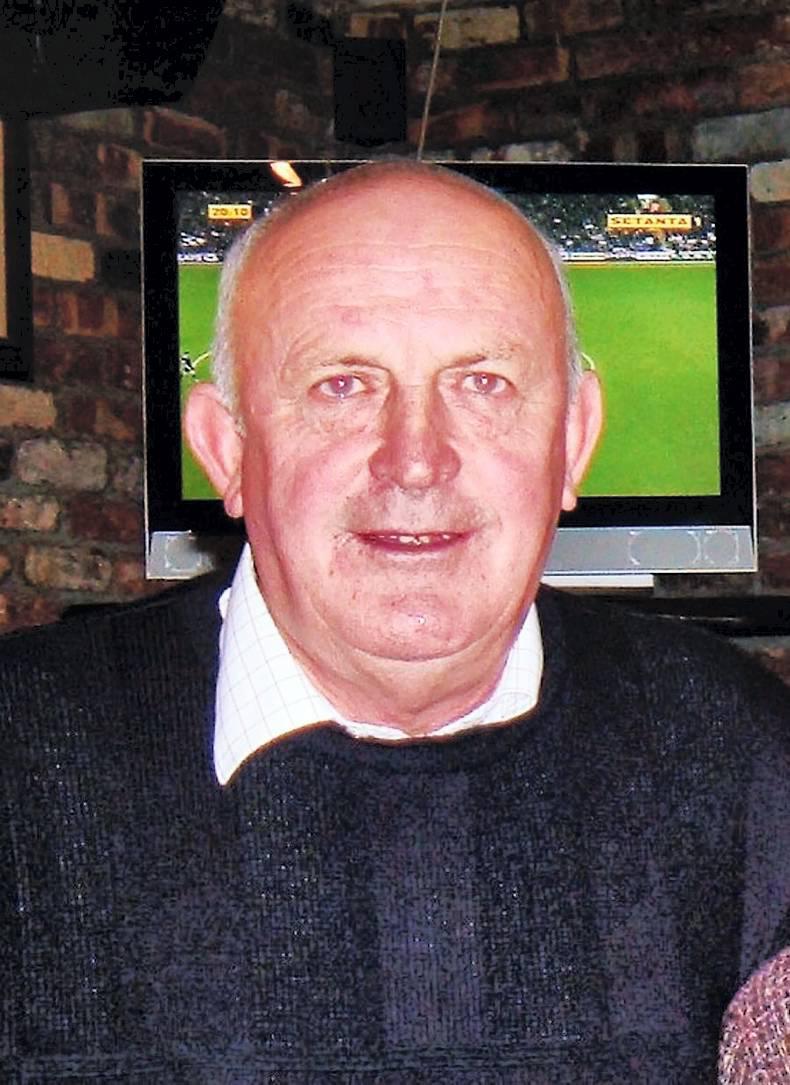
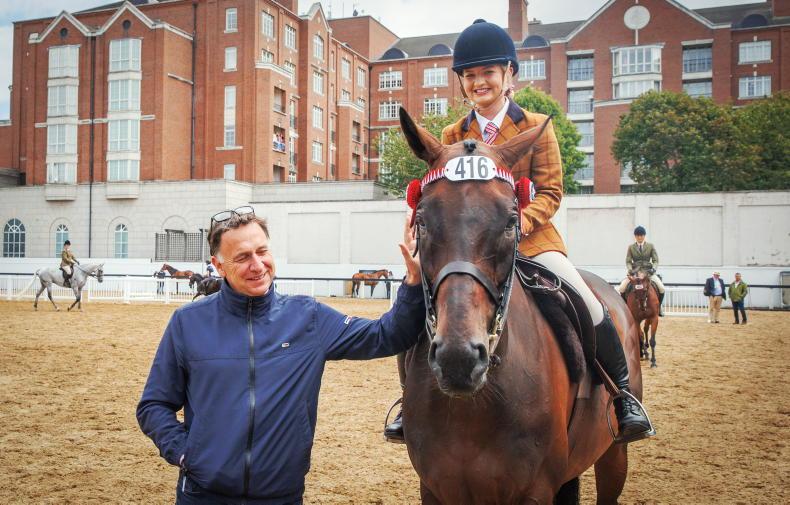
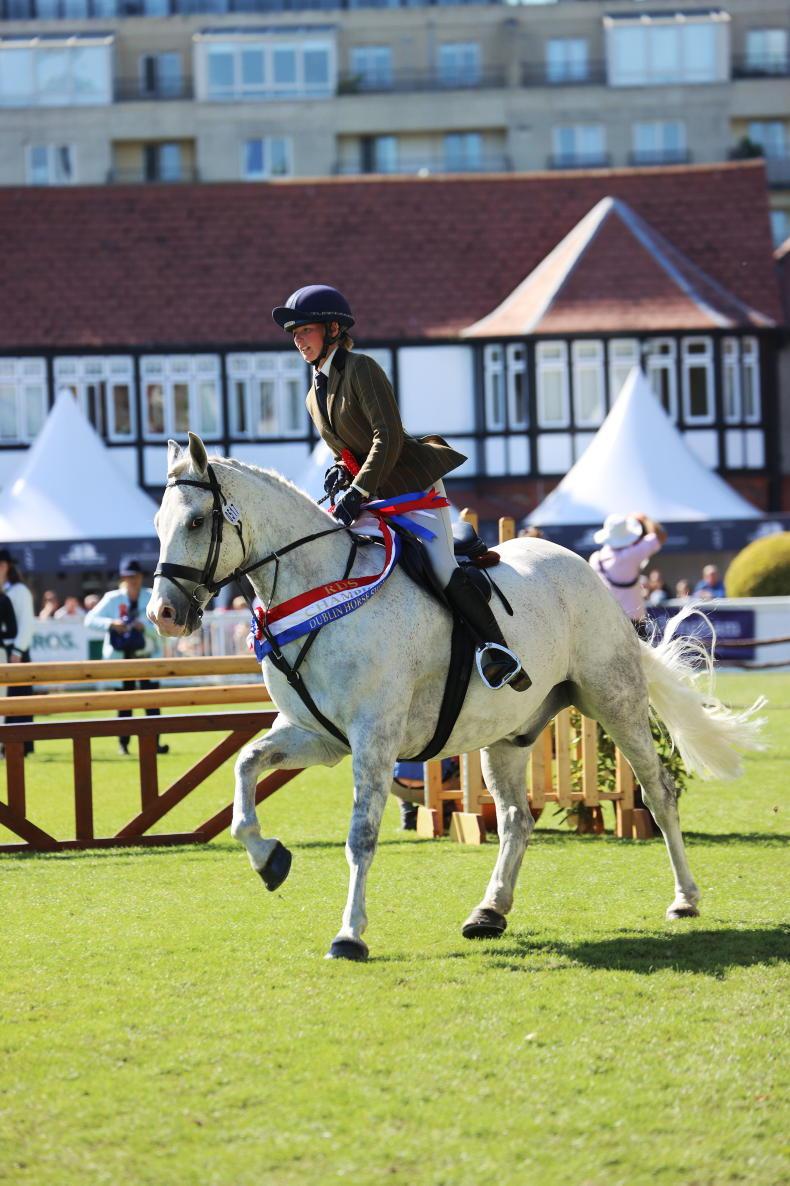
SHARING OPTIONS: